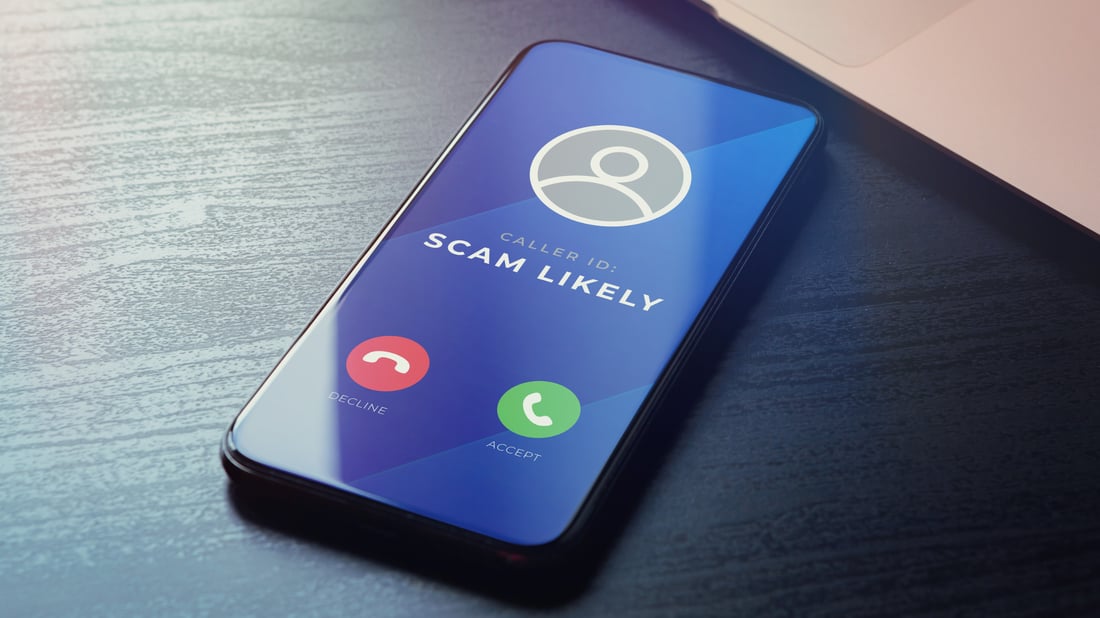When compiling a list of trustworthy travel nurse agencies, it’s challenging to differentiate between legitimate and spoofed sites. Unfortunately, scammers may pose as recruiters to snag your personal data and sell it to third parties. In addition, travel nurses can become the unwitting target of scams targeting job listing, housing, and licensing. Be wary when you come across situations such as –
- No company website or social media presence across multiple channels.
- Grammatical and spelling errors in listings.
- Requests for documents or personal data via direct message or via Gmail, Hotmail, or Yahoo email.
In addition, here are the top three recruiter red flags that travel nurses and CNAs should make note of before looking for their next travel nurse assignment.
- Your recruiter does not provide a pay rate upfront. If the recruiter avoids or ignores your questions about pay rates, move on. Legitimate recruiters give you all the details—including pay rates—relating to a job when discussing a position with you. While weekly hours and regional tax rates may vary, a recruiter can always tell you how much a position pays.
- Your recruiter paints a 100% rosy picture of the facility or position. No job is perfect, and no facility is either. Even the best locations sport a few warts, such as insufficient on-site parking, specific scrub colors, expensive housing options, or less-than-ideal pay. However, if the recruiter accentuates the positive and brushes off any potential negatives, this offer could be a scam.
- Your recruiter is hard to reach. If the recruiter doesn’t return your emails, calls, or texts within a reasonable timeframe (two to three business days), that could be a red flag. If your recruiter ignores you for days, then sends a flurry of emails or texts that don’t address your questions, that’s also a red flag. Recruiters should respond to your inquiries in a professional manner, replying specifically to your correspondence.
Beyond job listings, other scams directed at travel nurses include housing cons for gorgeous properties—at prices way under market value. Remember, if it sounds too good to be true, it probably is. Here are a few red flags that may indicate a housing scam.
- The landlord requires you to wire the deposit or the first month’s rent.
- You hear the same dramatic story over and over about why the property’s available immediately at such a sweet deal.
- You’re pressured to decide quickly.
- The property listing uses a lot of capital letters and contains multiple spelling and grammar errors.
- They prefer communicating through Telegram or WhatsApp.
- They rebuff your requests for FaceTime or virtual tours with numerous excuses.
Another way scammers con travel nurses is through bogus licensing issues. Here’s how to identify a licensing scam.
- The caller or letter demands payment by a surety bond to keep your nursing license from being suspended.
- The caller or letter threatens legal action, sometimes purportedly involving the FBI.
- The caller or letter claims the recipient is under criminal investigation or at risk of arrest because of a suspended license.
If you receive any such communication, the Board of Nursing urges you to confirm your licensure status at nursys.com. You may also contact your state nursing board directly—NOT via the numbers provided by the caller or letter.
By keeping a sharp eye out for these common scams, you’ll avoid many unfortunate experiences in your career as a travel nurse.
-1.png?width=292&height=64&name=LeaderStat%20Logo%20(4)-1.png)



-1.png?width=258&name=LeaderStat%20Logo%20(4)-1.png)